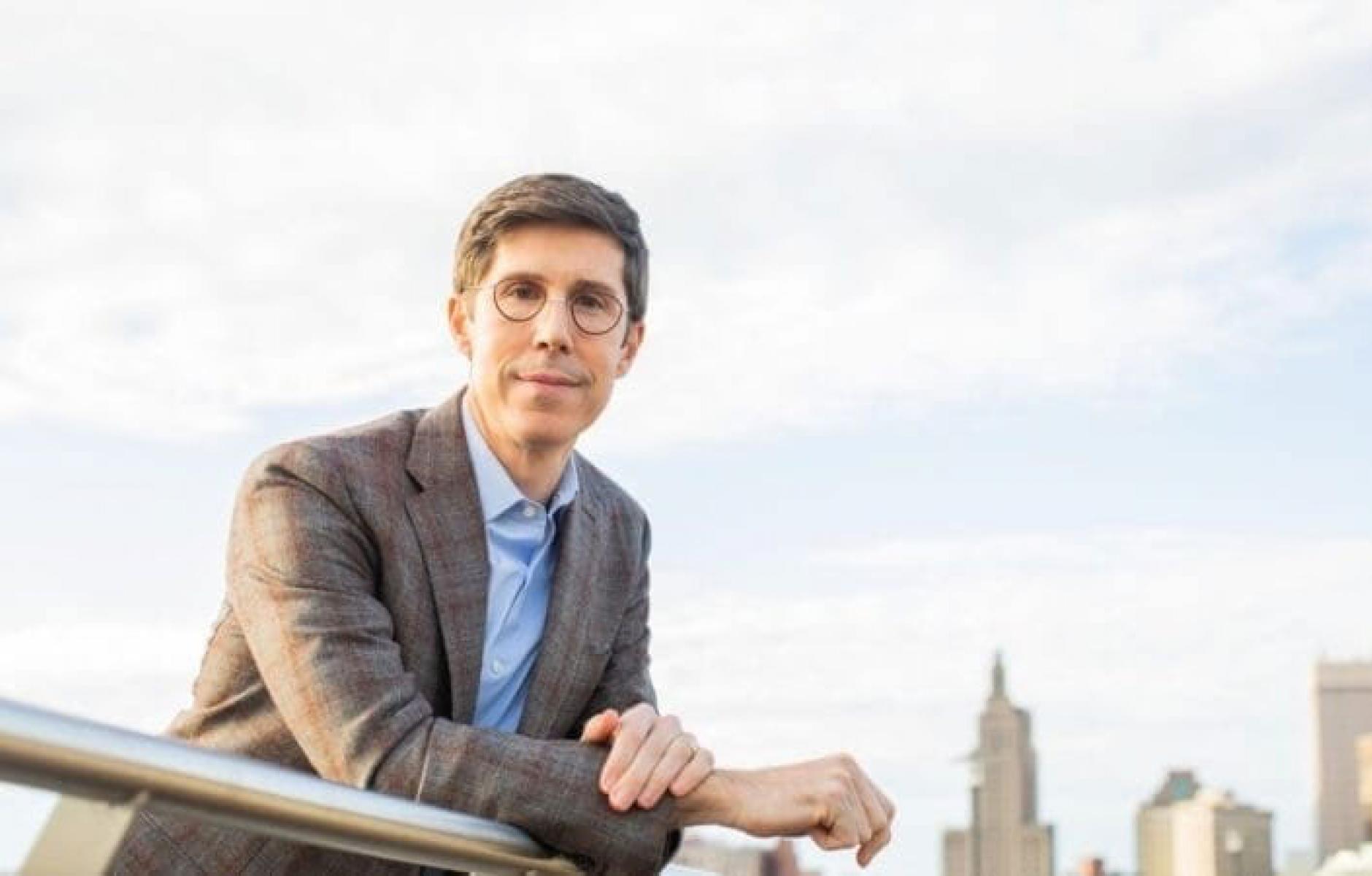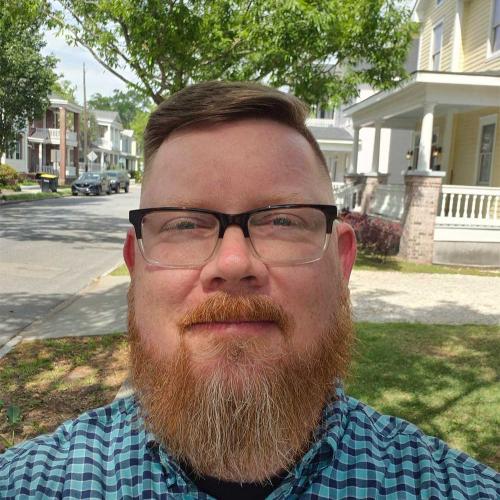
Providence mayor promotes urban housing policy
CNU returns to Providence next month for our 33rd annual Congress. We are so excited to revisit this city, at the heart of a region that has been on a long path of addressing urban challenges, familiar to many across this country, with New Urbanist solutions. Actualizing change on a city-wide scale is a complex, all-hands effort, but it’s made easier when decision-makers commit to a vision and follow through.
In a recent interview with Anthony Flint, Senior Fellow at the Lincoln Institute of Land Policy, Providence Mayor Brett Smiley spoke about the challenges and opportunities facing Providence, and how New Urbanist principles inform key strategies to implement a successful path forward for the city. Flint will be moderating CNU 33’s Saturday morning Main Stage Conversation with Dr. Mindy Fullilove and Erin Barnes addressing Frameworks for Building Community. They will tease out the specific strategies – whether regulatory, policy, or process – that cities and towns can take to improve their urbanism, topics he explored in his interview with Mayor Smiley.
On housing, Mayor Smiley describes the need for not only more housing density but also more sustainable, climate-adapted housing, saying “[the City’s] task is to make it easier to build more densely, and to do so in the context of the world in which we find ourselves, so that means incorporating green infrastructure, preparing for climate change, while also allowing for more growth.”
From a regulatory standpoint, he adds, “we’re working … on allowances for things like bonuses for density and the relaxation of parking minimums, ways to try to allow developers to help projects become financially viable.”
Reducing parking minimums helps create walkable density, a core tenet of New Urbanism, and that density requires significant improvements to transportation infrastructure, as well, with an emphasis on Complete Streets and safe, accessible facilities. “Pedestrian safety is of critical importance,” Smiley affirms. “We know that one of the reasons that people like living in Providence and want to move to Providence is because of its walkability.”
Where density is built at a walkable, human scale, there will inevitably be lively restaurants, bars, and clubs, but Mayor Smiley observes that “it’s important that we refer to it as life at night, because it’s not just nightlife.” Beyond the expected revelers and bon vivants, “there are thousands of employees that work during what we refer to as ‘the other nine to five’: 9 p.m. to 5 a.m. That’s restaurants and hospitality and nightclubs, but also someone working the overnight shift at a hospital and other jobs.” In addition to walkable destinations and housing, this workforce also needs effective public transit and well-maintained roads and bridges, areas where Smiley sees opportunities for improvement.
“We need to make sure that we’re all taking care of this infrastructure,” he says, adding that “you can repair it today or replace it tomorrow, and the replacement is always the worse investment.”
And, by tackling “the problems that people actually care about” with “competence and efficiency and effectiveness,” he concludes, residents will see and appreciate the necessary and valuable role of local government in supporting quality, sustainable growth and development.
The impact of our first gathering in Providence, CNU XIV in 2006, and the benefits of New Urbanist principles and practices shared there, have proven to be beneficial for the city’s growth and development. CNU is pleased to revisit Providence with the aim of celebrating and reinforcing this evolution toward increased walkability, sustainability, and equity. Our Congress focus on “Coherence in the Metropolitan Region” underscores the need for continuing, innovative ideas that support the goals the Mayor describes and that those goals are shared by communities across New England.
With a consistent vision and thoughtful, solutions-oriented leadership, Providence and surrounding communities will continue to foster a high quality of life and sustainable economic development. Join us at CNU 33 to learn more!




